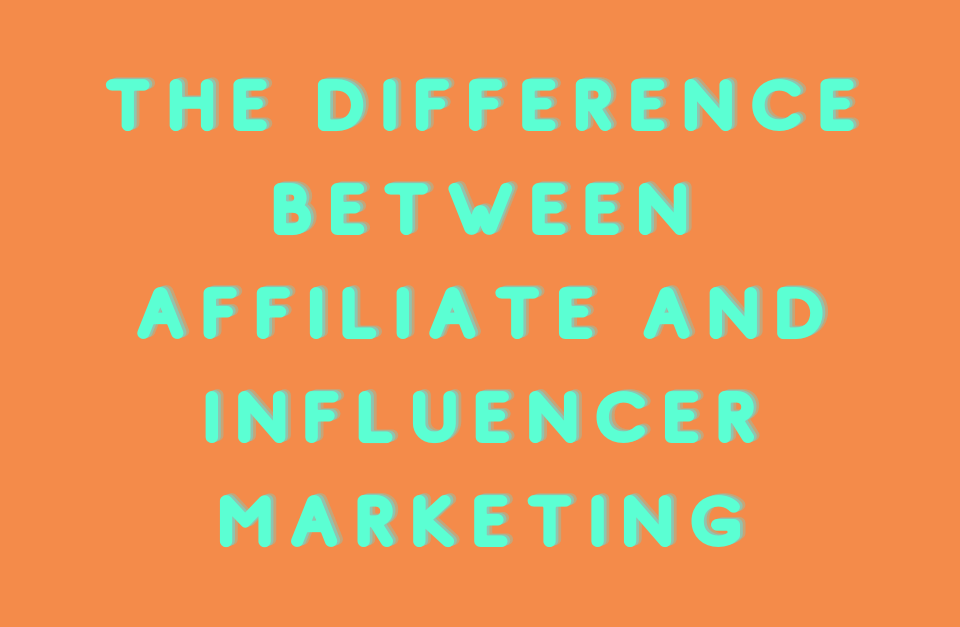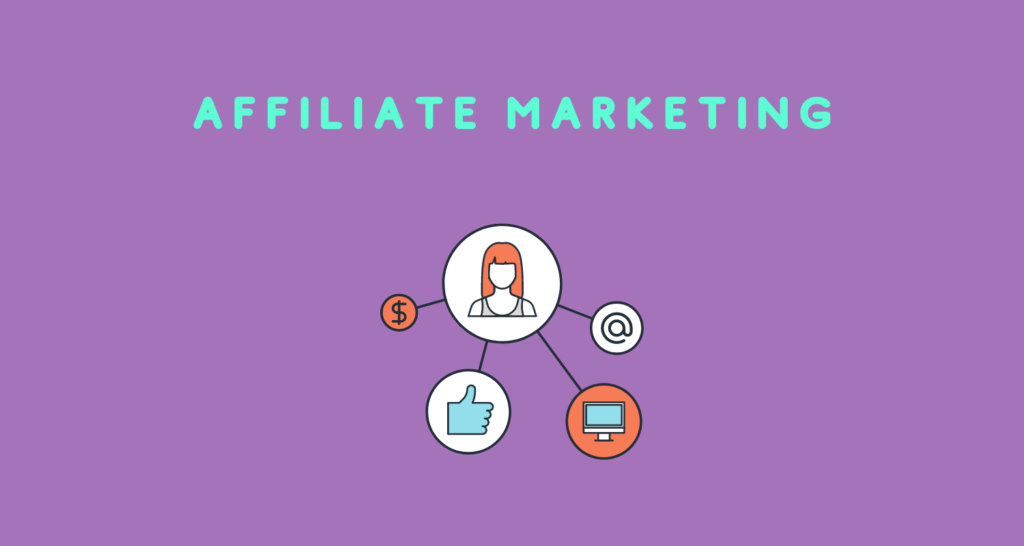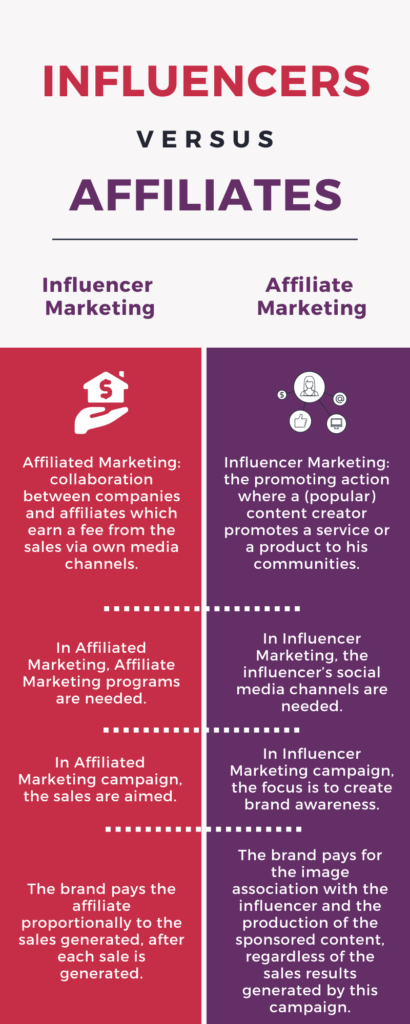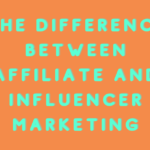The difference between Affiliate and Influencer Marketing

If you came across this article, you have certainly wondered what difference is between Affiliate and Influencer Marketing!
Affiliate Marketing and Influencer Marketing are two concepts constantly used by brands, content creators and professionals in digital and media agencies. There are major differences between them, and for a better understanding, we chose to detail below the most important information about affiliates vs influencers.
Table of Contents
1. What is Affiliate Marketing
2. What is Influencer Marketing
3. Differences between the two types of creators (affiliates and influencers): the collaboration process, the purpose of the advertising campaign & type of monetization
1. What is Affiliate Marketing?

Affiliate Marketing is a form of digital marketing based on collaboration between companies and content creators (affiliates). The latter are those who earn fees from sales brought through their own media channels.
For affiliates, Affiliate Marketing is a way to monetize the online traffic through the sales they generate.
This is done by creating and posting custom links. The links send the interested visitors to sites (usually online stores) where they can buy the promoted products.
The history of Affiliate Marketing is a long one, starting with 1989 (according to the MoreNiche platform). It seems that William J. Tobin is the first to come up with this concept and a dedicated affiliate program.
Five years later, Amazon’s affiliate program also appeared. It still operates today and offers fees of up to 10% of the sales the affiliates make.
2. What is Influencer Marketing?

Influencer Marketing is a newer form of marketing, globally used. It represents the promotional action by which a (popular) content creator promotes a service or product to his / her communities. Most of the time, the sent message is published on the influencer’s Social Media accounts: Instagram, YouTube, TikTok, blog, etc.
For more information regarding the Influencer Marketing industry, see our series of articles HERE.
According to Forbes, Influencer Marketing appeared in the early 2000s, with the first forums, but also with blogs and brand communities.
Therefore, both affiliates and influencers are creators of digital content.
3. The important differences between the two types of creators:
#1 The collaboration process
When we talk about Affiliate Marketing, in order to make the purchase through the specially created link, we need Affiliate Marketing programs. Among the first such programs it was the one created by Amazon, called Amazon Associates, launched in 1996.
In Influencer Marketing, for the campaigns conduct, you need the Social Media channels of the influencer, this being most of the times also the place where the brand campaigns take place. However, the brand’s Social Media accounts can also be used to announce collaboration with the influencer involved in the campaign.
#2 The purpose of the advertising campaign
In an Affiliate Marketing campaign sales are aimed, while in an Influencer Marketing campaign the focus is to create brand awareness, by the communication and exposure the influencer offers to the brand through its Social Media channels.
#3 Type of monetization
In the case of Affiliate Marketing, the way the content creators are paid is done after each purchase a reader / subscriber makes through a customised link, the result being that affiliates get a percentage of each sale.
Generally, the brand pays the affiliate proportionally to the sales generated, after each sale is generated.
In case of Influencer Marketing, revenues are negotiated and fixed from the start, when a campaign is launched with a brand.
The brand is generally considered to pay for the image association with the influencer and the production of the sponsored content, regardless of the sales results generated by this campaign.
The difference between affiliates and influencers:

Conclusion:
Affiliate Marketing and Influencer Marketing are different advertising tactics. They can be used together, but their complementary purposes must be aimed: Affiliate Marketing aims at sales, Influencer Marketing aims at creating brand awareness.







